Ways To Treat Athlete's Foot
Athlete's foot, otherwise known as tinea pedis, is a common contagious fungal foot infection causing itchy, scaly, peeling, and cracked skin, that can be painful and inflamed if it is severe. It may also cause blisters or ulcers if it sets in deep enough. It usually starts in between the toes because this skin is more moist, sensitive, and easier to penetrate. It is most often acquired in public showers, swimming pools, and from certain types of footwear habits that promote growth. There are a variety of medicinal and natural home remedies to prevent athlete's foot from de-feeting you.
Keep Feet Clean And Dry
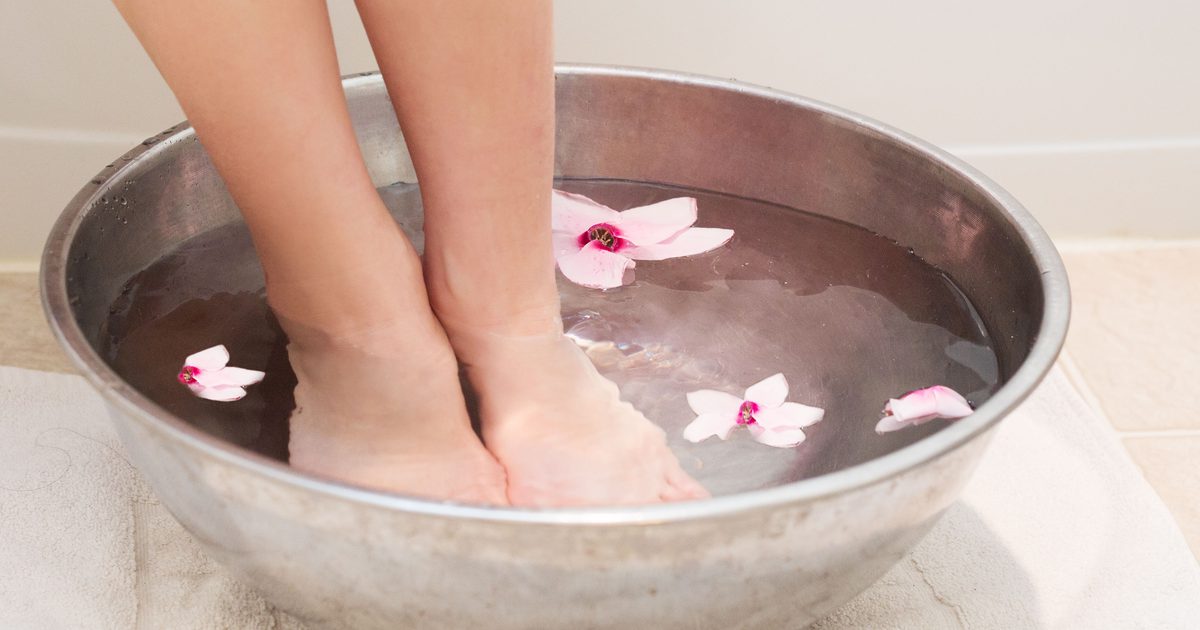
When you keep feet clean and dry, the environment for fungus to begin growing is eliminated. If you already have athlete's foot, it is important to prevent it from spreading into other sensitive skin areas. Use antibacterial antifungal socks for athlete's foot. Thoroughly washing feet, especially in between the toes, and drying them with a towel will decrease the possibilities of fungus growth. Wearing waterproof shoes will prevent feet from getting wet or consider using a waterproof spray on shoes.
Putting your socks on first before underwear will prevent the infection from spreading. Also be careful when touching infected feet to prevent transferring the contagion. Avoid athlete's foot by wearing shower shoes whenever you take a shower or go to public swimming and bathing areas.
Tea Tree Oil
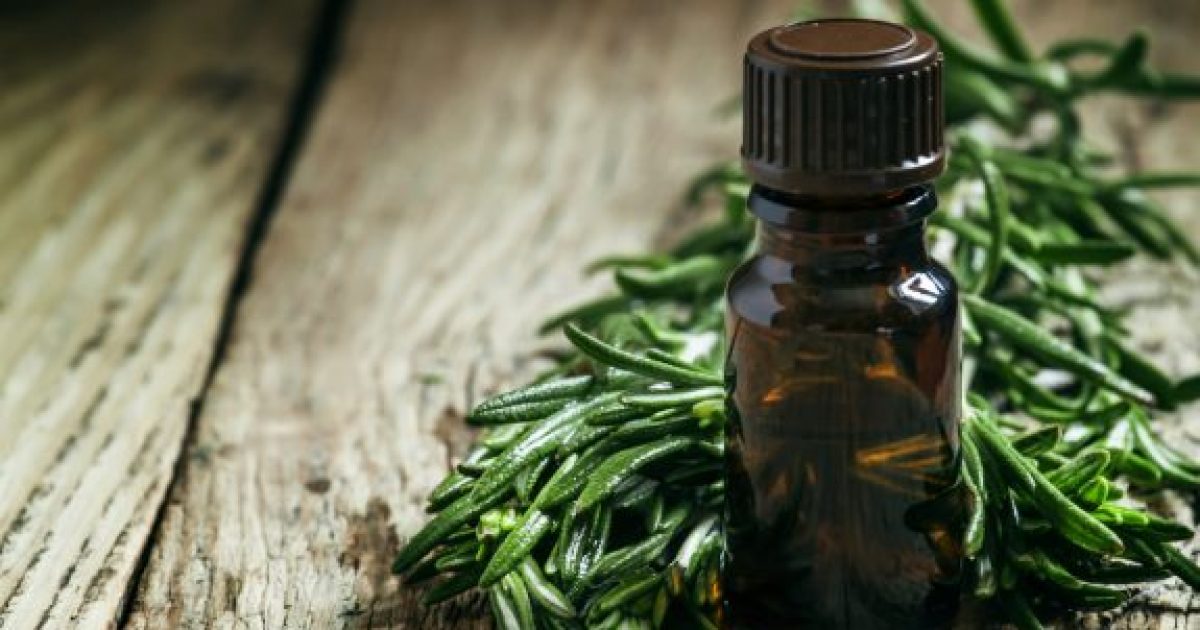
Although tea tree oil has many uses, one of the more popular treatments is for athlete's foot. Tea tree oil is native to Australia and has been used as a topical antibacterial treatment for millennia. Today, this essential oil is believed to also possess antifungal properties. Tea tree oil is in shampoos for individuals with thinning hair and was even included in World War Two Australian military and naval first aid kits.
Patients can simply add a few drops of tea tree oil to a carrier oil like coconut oil and spread it around the feet after they have been cleaned and dried. If you immediately cover your feet with clean, dry socks, the fungal infection should clear up in a few days.
Alternate Shoes And Socks
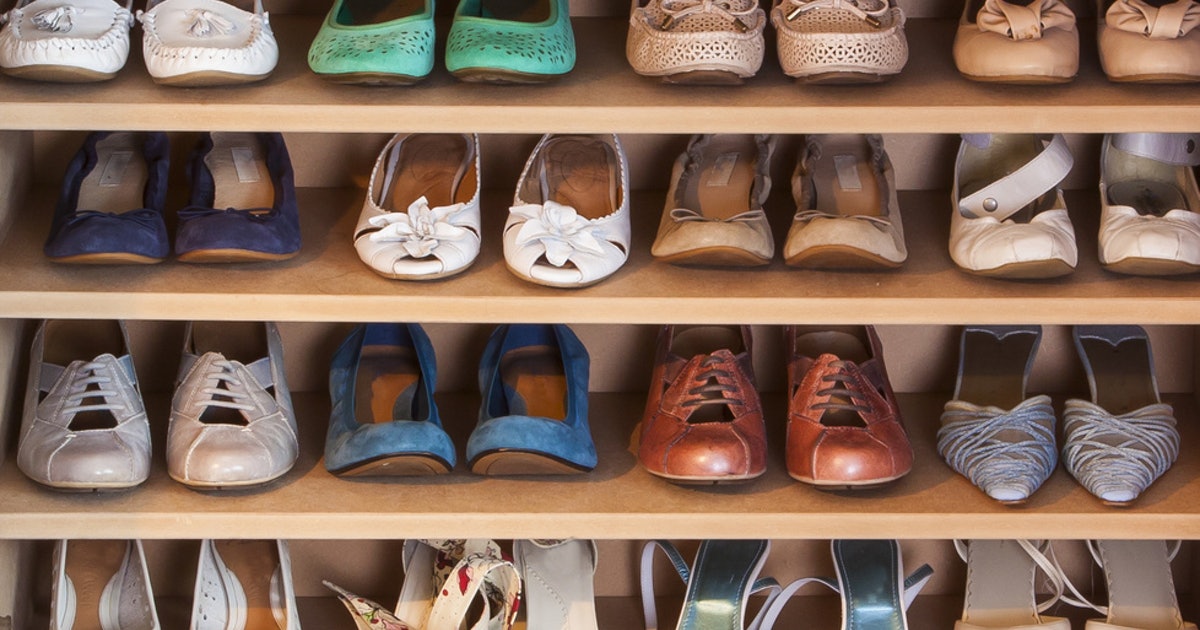
If you keep getting infected with athlete's foot, consider alternating shoes and socks every day. Most individuals change their socks every day, but some do not, and they may notice how easy it is to develop athlete's foot if they don't change their socks and shoes regularly. Wearing different socks and sneakers each day will give the other pair or pairs time to dry out more thoroughly. Some individuals will even put their sneakers on a warm radiator at home or near their stoker to reduce the drying time when they get wet from thunderstorms or snow. If your socks are stinky at the end of the day, this is a strong indication the conditions inside your shoes are ideal for both bacteria and fungus to develop.
Wear Absorbent Socks Made Of Natural Fibers
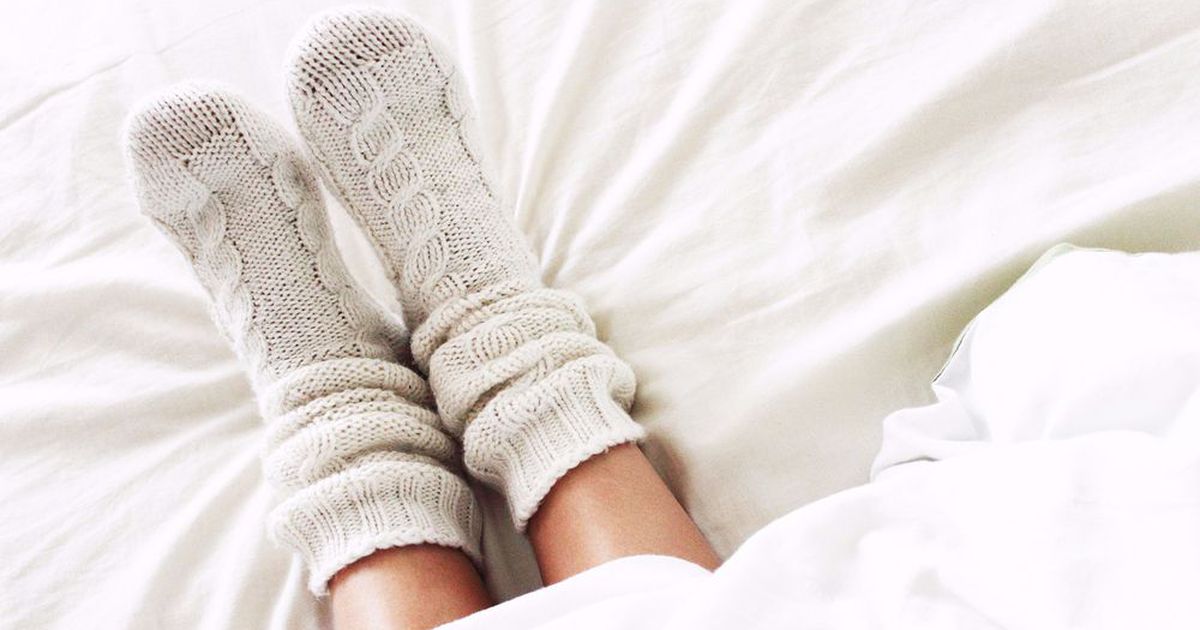
When you wear absorbent socks made of natural fibers, you can ensure the moisture that develops from sweating during the day is quickly wicked away. Bamboo is a natural fiber with natural antibacterial and antifungal properties. Many suggest investing in merino wool socks for their ability to wick away moisture and control the temperature of the foot in both hot and cold weather.
Some individuals buy merino wool clothing and wear it without even feeling the need to wash the clothes for many months, no matter the season. Although natural fabrics are more absorbent, cotton is thought to be the least beneficial in this arena, so it's not the first choice of natural fiber sock. Avoiding dark-colored socks is paramount, no matter the choice, because they tend to grow fungus much quicker than white or light-colored socks.
Dust Shoes And Feet With Baby Powder
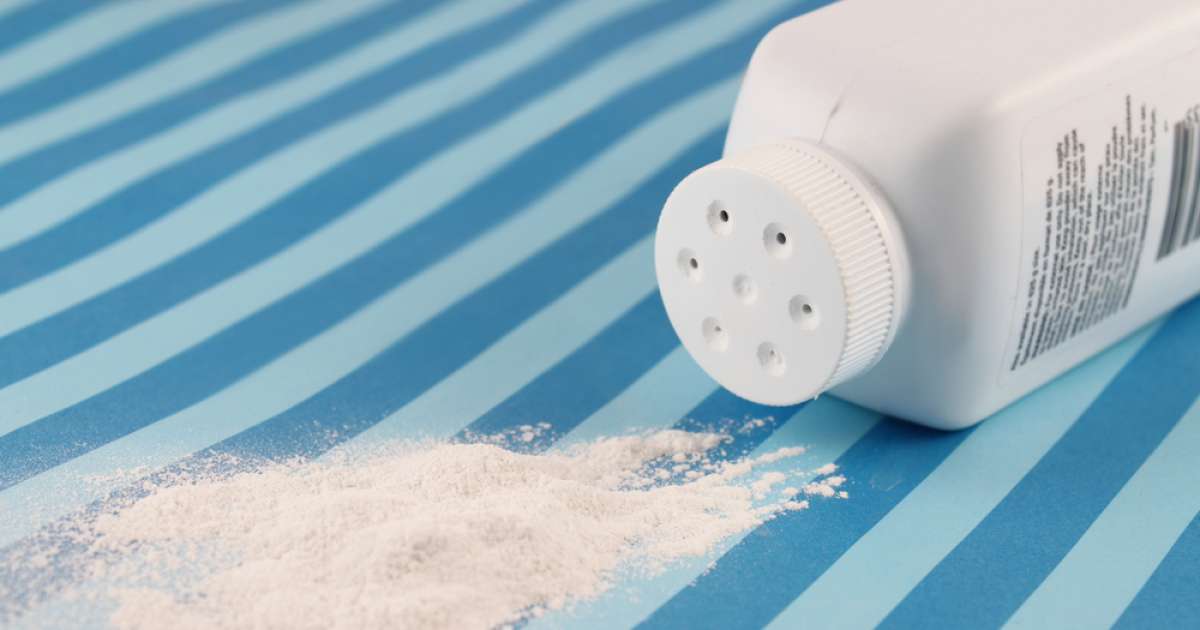
Because fungus requires moisture to start growing, it is recommended for individuals to dust shoes and feet with baby powder when there is excess moisture. This is an additional method of reducing the moisture levels in shoes that are so critical to the growth of fungus infections. In addition, the baby powder usually has a fragrance, which will help reduce the mild odors anyone may suffer after a hard day. Baby powder is gentle and is unlikely to create any irritation like a medicinal powder may cause in some individuals with sensitivities. Aside from baby powder, cornstarch or other talcum powders can also help reduce moisture on feet and in shoes.
